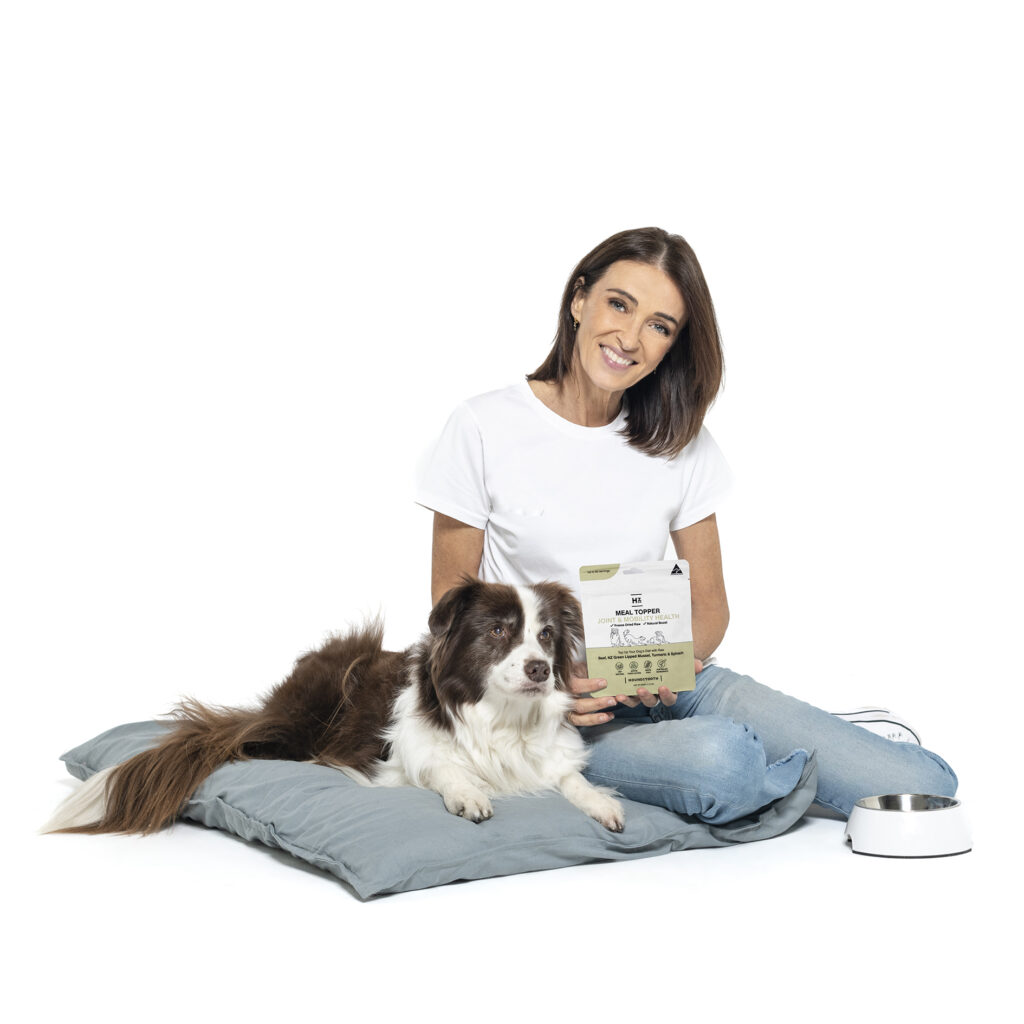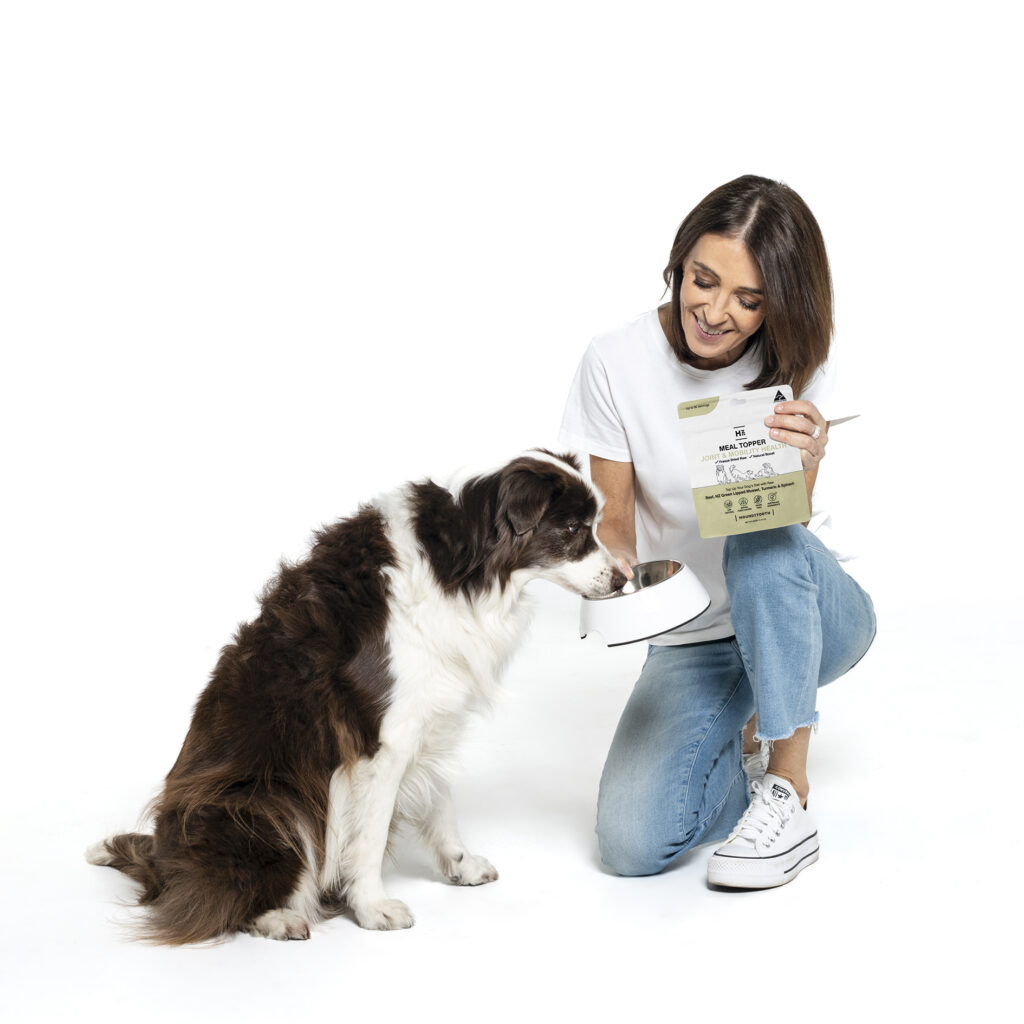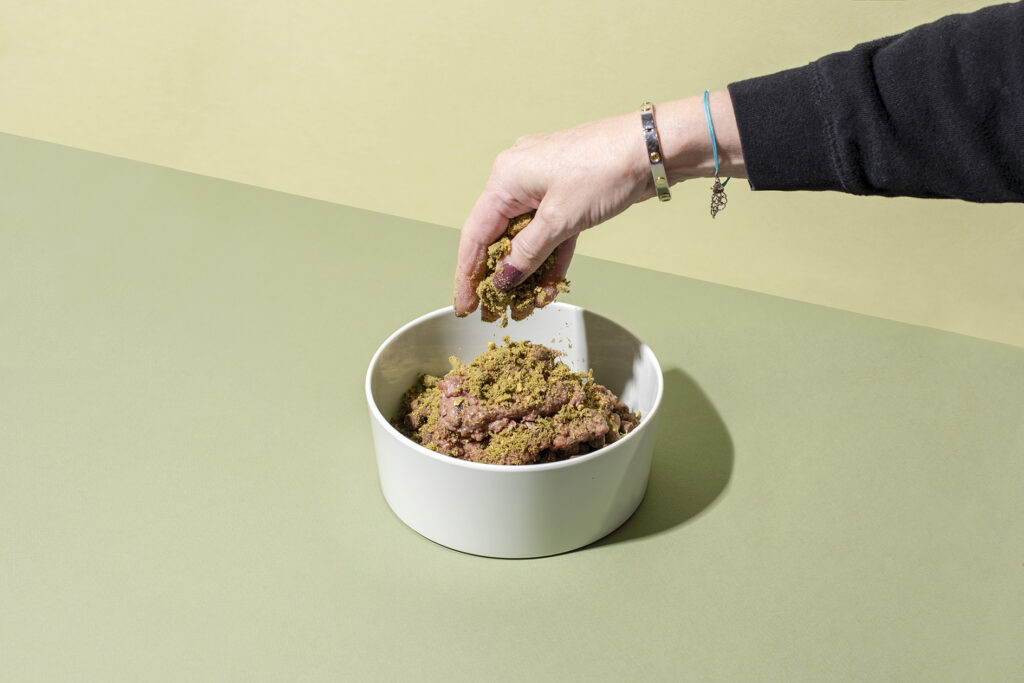Dr. Katrina Warren’s Tips on How to Manage Arthritis in Dogs
Our four-legged friends can be surprisingly similar to us in more ways than we may realise, and this extends to ailments too. Just like humans, many dogs suffer from osteoarthritis (the most common form of arthritis also known as degenerative joint disease).

This can affect any dog but it is much more common in older animals as a result of ongoing wear and tear. Other factors such as a joint or bone-related injuries and genetic make up can influence the progression of arthritis.
No pet lover wants to imagine their dog struggling with joint pain, Houndztooth brand ambassador, Dr. Katrina shares her expertise on this condition and ways you can help your dog if they are afflicted.
Arthritis and Your Dog
Arthritis is caused when the cartilage of the joints is worn away through damage and the special lubricating (synovial) fluid decreases. It can also be caused through changes to the joint’s blood supply and abnormal bone formation.
The most commonly affected joints in dogs are hips, knees, elbows and shoulders. Dogs suffering from arthritis tend to have reduced mobility of the joint, show signs of pain and maybe reluctant to exercise
Signs your dog may have osteoarthritis include:
- Reluctance to exercise or lagging behind
- Reluctance to walk upstairs or jump in the car
- Slow to get up from lying down
- Licking affected joints
As the arthritis progresses and the pain worsens, the signs become more obvious. Although the changes that occur with arthritis are largely irreversible, there are many things that we can do to help manage the disease and make our pets feel more comfortable.
How to manage arthritis and make dogs feel more comfortable:
- Book an appointment with your veterinarian – a thorough examination will help determine exactly what is happening in your dog’s joints, and their vet can provide you with a management plan specific to your dog’s needs.
- Moderate your dog’s exercise – exercise is still important to keep joints moving and maintain muscle tone. Try low impact activities, such as swimming and gentle walking, and try to avoid running and jumping.
- Avoid stairs and jumping – a ramp can be very useful to help reduce strain on your dog and help them get onto your bed, couch bed and car.
- Weight control – being overweight can exacerbate arthritis. The extra weight puts pressure on the joints and can increase inflammation in the area. Chat to your vet about the ideal weight for your dog and create a plan to help them lose weight if necessary.
- Provide an orthopedic bed – bedding should be easy for your dog to step on and off and placed away from drafts. Be sure to keep your dog warm in winter to minimise any discomfort.
- Supplementation – there are a range of supplements that may help protect joints, reduce inflammation and alleviate pain associated with arthritis in dogs.

Houndztooth Joint & Mobility Health meal topper is a natural blend of beneficial ingredients, including NZ green lip mussel, bovine collagen, Vitamin C, turmeric and spirulina.. It has been professionally formulated and may help support mobility in dogs. Blended with salmon and beef heart protein that your dog will love. To find out more. here.

- Anti-inflammatories and other medications – these may be necessary to help provide pain relief. These must be prescribed by your veterinarian and your vet will explain benefits and possible side effects of each product. Do not give human medications and they can be dangerous for your dog and should never be given without direction.
The good news is early detection of arthritis can significantly slow the progression of the disease.
Puppies of large breeds that are known to have joint-related problems (such as hip and elbow dysplasia) should not be overfed or over-exercised to reduce the likelihood of later problems.If your dog is a senior or you are concerned, they may be suffering from signs of arthritis, please ask your vet to do a full examination so they can give advice on the most appropriate treatment.
